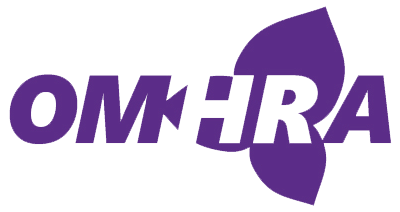
Emotional intelligence (EQ) is a pivotal factor in workplace effectiveness. Organizations that prioritize the development of EQ skills in their employees are more likely to succeed in their goals, attract top talent, and build cultures that view conflict as an important and unavoidable element of creativity, learning, and innovating.
Five key factors driving conflicts in the workplace are:
• Differences in communication styles and preferences.
• Lack of clarity over work assignments, roles, or responsibilities.
• Personality clashes and interpersonal tensions.
• Power struggles and issues related to hierarchy and authority.
• Stress related to competing priorities, workload, or resource allocation.
Each of these factors are inevitable in mission driven environments including public service environments. Crucially, each of these factors is underpinned by emotions.
Developing conflict-resilience via the EQ-i 2.0 model
Emotional intelligence plays a key role in de-escalating conflict. Recognizing and managing one’s own emotions can lead to more rational and constructive responses during conflicts. And understanding and empathizing with the emotions of others is essential for building trust and finding mutually acceptable resolutions—hallmarks of EQ skills like emotional self-awareness, empathy, social responsibility, problem solving, reality testing, and flexibility, to name a few.
Municipal HR leaders have the influence to build conflict-resilient workplaces through the training and development of EQ skills using the EQ-i 2.0 model of emotional intelligence, based on five core composites: self-perception, self-expression, interpersonal, decision making, and stress management. Each of these competencies comprises several sub-skills (some are listed above), which are measured through the EQ-i 2.0 self-assessment tool.
Coaching is the way
Coaching is an essential aspect of leadership but also, in particular, conflict resolution. The EQ-i 2.0 model can be an effective tool for designing a coach approach to conflict management that encourages active listening, empathy, and open communication, fostering a supportive and non-judgmental environment.
This approach helps individuals involved in the conflict better understand each other’s perspectives and emotions. It also empowers them to work collaboratively to find solutions and build stronger relationships, resulting in more effective conflict resolution.
The EQ-i 2.0 model of emotional intelligence is a powerful tool to support HR leaders in building conflict-resilient cultures informed by curiosity and mutual understanding.
Conflict is natural. Negative impacts are optional.
EQ coaching offers an opportunity to turn inevitable clashes into opportunities for growth and transformation.
Presented by

Archives
Categories
- Attraction and Recruitment
- Benefits
- Celebrating Success and Recognition
- Change Management
- Conflict Resolution and Coaching
- Culture
- Diversity, Equity and Inclusion
- Emotional Intelligence
- Employee Engagement
- Employee Performance
- Labour Disruption
- Mentoring
- OMHRA activities
- OMHRA Events
- Psychological health and safety of the HR professional
- Recruitment
- Recruitment and Retention
- Retention
- Uncategorized
- Unique ideas for recruiting in a tight job market
- Wellness
Recent Posts
- How Leadership Development Coaching Provides Better Outcomes
- Better Leadership: Focus on a Coach Approach
- Creating a Psychologically Safe Workplace
- Group Health Insurance – The Impact of Preferred Pharmacy Networks on Employees’ Mental Health
- Provide Real Support For Your Mid-Career Team’s Psychological Resilience

